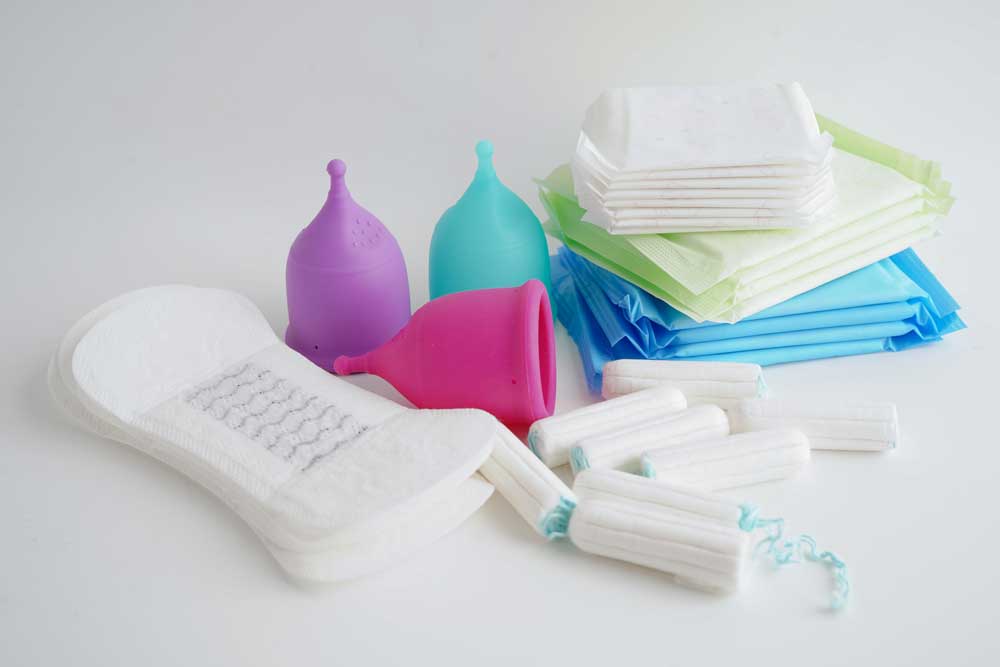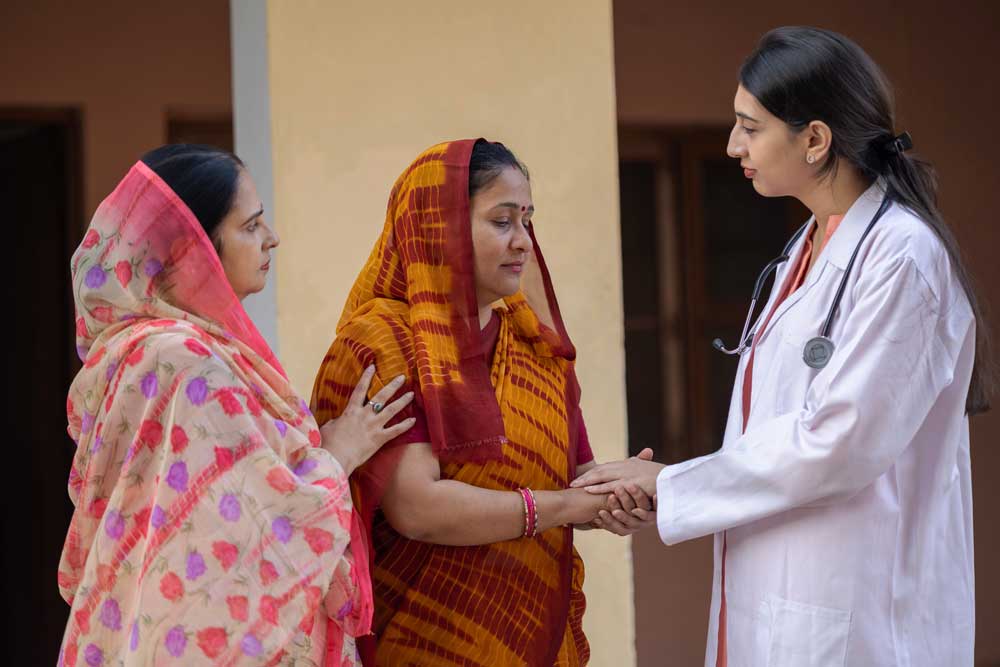At any given moment, over 300 million women and girls across the globe are menstruating. Yet, more than 500 million still lack access to basic menstrual products, hygienic sanitation facilities, and accurate information about managing their periods safely and with dignity. This Menstrual Hygiene Day, it's crucial to remember: menstrual health management is not just about managing periods - it is a critical pillar of women’s overall health, empowerment, and well-being.

The Current Landscape In India
India presents a complex picture of progress and persistent gaps. A study of the National Family Health Survey-5 reveals that 76.15 per cent of women now exclusively use hygienic period products - a notable leap from 55 per cent in the previous round. However, disparities remain stark. Urban areas report 89.37 per cent usage, while rural regions lag at 72.32 per cent.
Rajasthan offers a snapshot of this dual reality: while 76 per cent of young women use sanitary napkins, 44 per cent still rely on cloth, and 11 per cent use locally produced napkins. Many women over the age of 29, particularly in rural communities, continue to use cloth out of habit and necessity. Crucially, 71 per cent of adolescent girls in India still report being unaware of menstruation before their first period - a jarring statistic that underlines the widespread information gap.

Beyond Access: Awareness And Behaviour Change
Addressing menstrual health effectively goes beyond the distribution of pads. It demands a holistic approach that includes:
· Culturally-sensitive awareness campaigns that can debunk myths and reduce stigma.
· Group-based, evidence-driven counselling sessions in schools and communities.
· Behavioural nudges to gradually shift long-standing habits without judgement.

For women accustomed to cloth, pushing single-use sanitary pads without education and support often fails. Instead, introducing reusable, cloth-based pads, which align with familiar practices but improve hygiene and durability, offers a respectful and sustainable middle path. These products are especially crucial in rural India, where inadequate disposal facilities mean that plastic pads often end up in fields or water bodies, posing both environmental and health hazards.
Sustainability And Menstrual Hygiene
While sustainability may not be the primary driver for product choice in resource-constrained settings, reusable pads offer long-term benefits. They lower costs, reduce waste, and cut carbon emissions. By eliminating the burden of disposal, they offer a cleaner, eco-friendly solution that empowers users without generating plastic pollution.

The Role Of Men
Breaking the menstrual taboo isn’t just women’s work. Men must be brought into the fold. In many rural areas, men already play key roles in organising group sessions, ensuring safety for participants, and providing logistical support. At the policy level, sensitising male decision-makers - from panchayat leaders to bureaucrats - can help integrate menstrual health into mainstream health and development agendas.
Closing The Women’s Health Gap
Research by McKinsey shows that women spend 25 per cent more time in ’poor health‘ compared to men. Yet for every US$1 invested in women's health, there's a potential return of US$3 in economic growth. By 2040, closing the women’s health gap could unlock US$1 trillion in global economic benefits annually.
Menstrual health is central to this equation. It directly affects girls’ education, women’s workforce participation, and overall well-being. When communities invest in menstrual health, they’re not just investing in hygiene - they're investing in a healthier, more equitable, and economically resilient future.
The journey to menstrual equity must balance access with awareness, habits with innovations, and cultural sensitivity with environmental responsibility. When interventions are built on respect, evidence, and inclusion, they foster not just personal hygiene, but systemic transformation.
Because menstrual health is not a privilege - it’s a right.